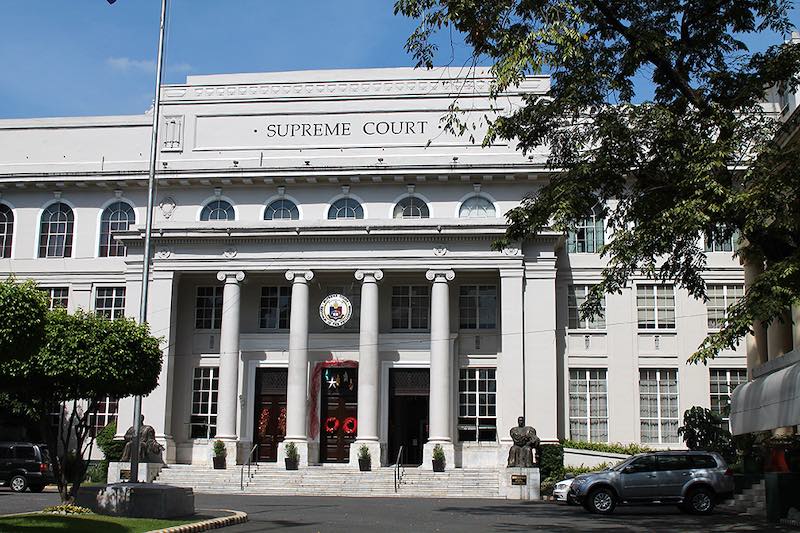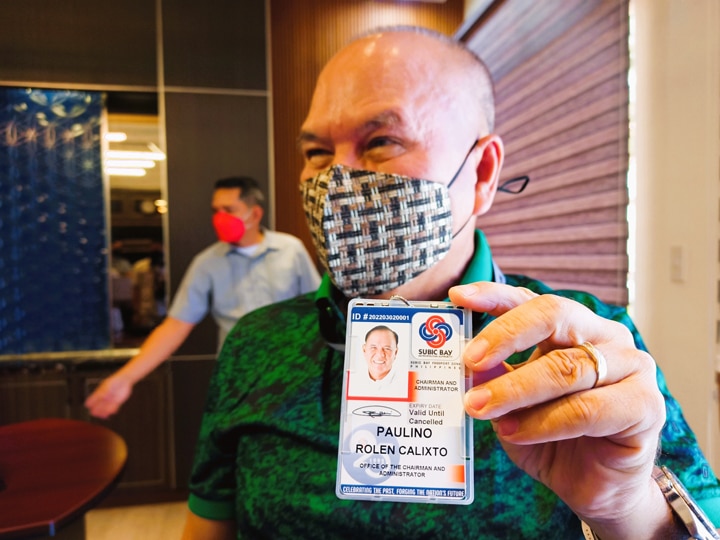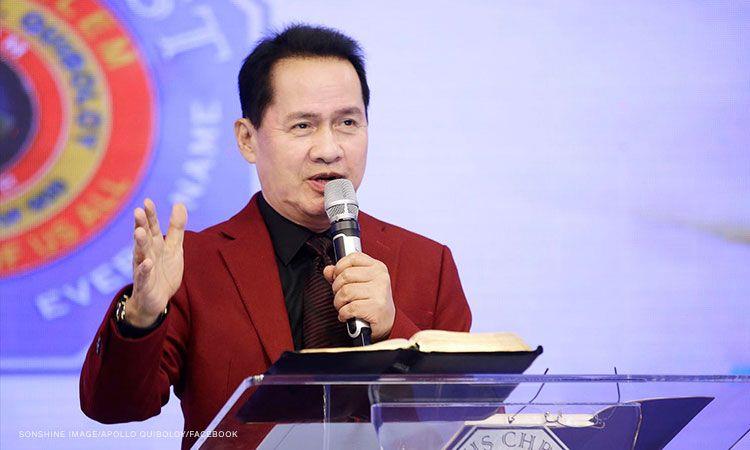OPPOSITORS of Republic Act 1479 or the Anti-Terrorism Act (ATA) asked the Supreme Court (SC) on Tuesday to reconsider its decision which declared most of its provisions “not unconstitutional,” insisting that the law should be struck down entirely for being unconstitutional.
Out of the 37 groups of petitioners who originally questioned the constitutionality of ATA before the SC, 25 groups filed their joint motion for partial reconsideration of SC’s December 7, 2021 ruling that declared portions of two provisions of the law that it said “have gone beyond the boundaries” set under the Constitution.
These include the phrase in Section 4 (Terrorism) that states, “which are not intended to cause death or serious physical harm to a person, to endanger a person’s life, or to create serious risk to public safety”; second mode of designation found in Paragraph 2 of Section 25 (Designation of Terrorist Individuals, Groups of Persons, Organizations or Associations); and “as a necessary consequence, the corresponding reference/provisions in the Implementing Rules and Regulations [IRR] of RA 11479 relative to the foregoing items.”
The petitioners argued that Section 29 of the ATA which gives authority to the Anti-Terrorism Council (ATC) the exclusive judicial power to issue warrants of arrest is unconstitutional.
“The Implementing Rules and Regulations of the Anti-Terrorism Act cannot cure the defects of Section 29.”
They further stressed that the maximum period of detention under Section 29 is “inordinately long and unconstitutional.”
The prolonged detention of 14 days, extendible for another 10 days, according to the petitioners, is “odious and oppressive.”
“A prolonged detention of an accused is fraught with dangers to security because the person might be tortured or coerced to confession, or it could lead to the manufacture of evidence,” the petitioners said.
The accused would also be deprived of the speedy disposition of his case, to avail himself of the right to bail and petition for writ of habeas corpus or amparo,” it added.
The petitioners contended that the written authorization issued by ATC partakes of a warrant of arrest, which the ATC has no authority since only judges can issue warrants of arrest.
“An executive warrant of arrest is void ab initio, a usurpation which has no constitutional pedigree, they argued.
They added that the third paragraph of Section 10 (recruitment to and membership in a terrorist organization) is unconstitutional for being vague, overbroad and for failing to meet the strict scrutiny test.
Earlier, the Court declared that the phrase “organized for the purpose of engaging in terrorism” is not unconstitutional.
The petitioners said the third instance in Section 10 should be read in “pari materia” (on the same subject matter) with Section 4 (terrorism), believing only with such reading would the standards and guidelines may be made apparent.
The petitioners also assailed the third mode of designation under the third paragraph of Section 25 (Designation of Terrorist Individuals, Groups of Persons, Organizations or Associations).
“Concrete facts and abundant experience show that the practice of ‘red tagging’ has in many instances preceded the extrajudicial killings of activists and human rights defenders,” they added.
In support of its appeal, the petitioners also cited developments showing alleged red tagging, wherein one of its recent victims was a petitioner in the case.
The petitioners were referring to Chad Errol Booc, who was among those reportedly killed by the military last February 24, during an alleged encounter with New People’s Army rebels in Davao de Oro.
30




























